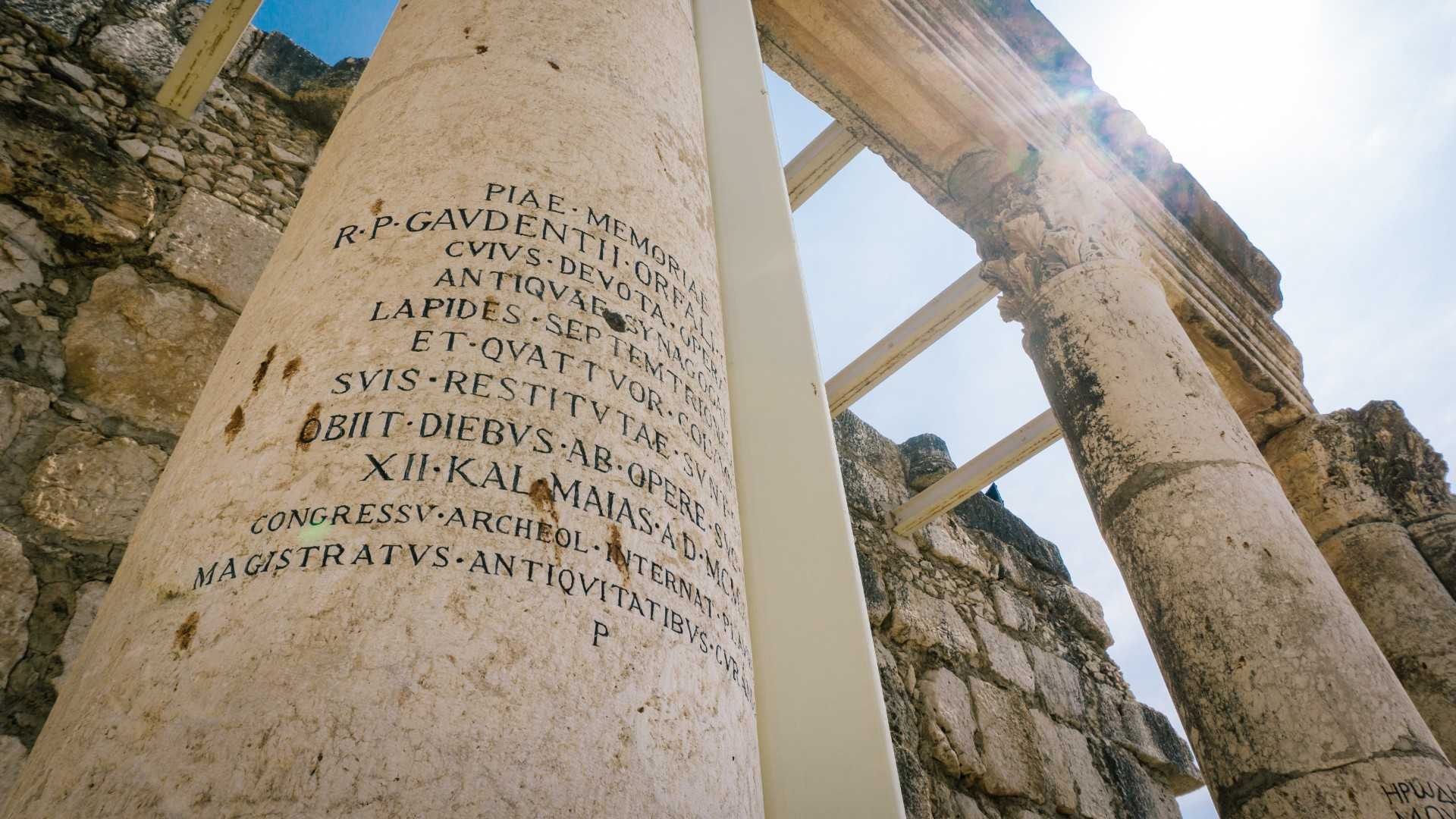Here’s an argument from Glenn Peoples for an early date for the Gospel of Luke:
There’s widespread consensus that Mark was written early, but not such consensus for the others. But here’s a thought: St Paul, while he was writing his Epistles, appears to have known what was written in the Gospel of Luke....
Here is why this appears to be the case. This is an excerpt from Paul’s first letter to Timothy (1 Timothy 5:17–18):
Let the elders who rule well be considered worthy of double honour, especially those who labour in preaching and teaching; for the scripture says, “You shall not muzzle an ox while it is treading out the grain,” and, “The labourer deserves to be paid.”
Paul claims to be quoting from scripture. But which parts of scripture is he quoting from? The first one is easy. “You shall not muzzle an ox while it is treading out the grain” comes from the Torah, in Deuteronomy 25:4. What about the second quote, “the labourer deserves to be paid?” or more literally, “the worker deserves his wages?” (the NRSV from which I quoted often alters the sentence to remove reference to gender). Is it anywhere in the Hebrew Scripture? What about the Septuagint? Nope, nowhere. Was there any Jewish writing at the time that contained this saying and which might have been regarded as scripture? No. So what was he quoting from when he claimed that this is something contained in scripture?
Here’s a quote from something that Christians today regard as Scripture: “Remain in the same house, eating and drinking whatever they provide, for the labourer deserves to be paid.”
And there it is, the elusive phrase. This is from the Gospel of Luke (10:7), where Jesus is giving his disciples instructions before sending them out. So how did Paul know about this saying being in Scripture? Remember that St Paul is believed to have died in AD 67.
So, here is where we are: At some point prior to his death (which is when people tend to write letters) in AD 67 or thereabouts, St Paul quoted from Luke’s Gospel and called it “scripture.” But pretty obviously, you can’t quote from a book unless the book exists. Consequently, the Gospel of Luke must have been written and had time to become recognized by the early Christian community as bearing witness to the life of Jesus prior to AD 67.
So Luke’s Gospel was probably written in the 50s or 60s.
In the rest of his post, he examines and responds to objections (e.g., Paul was referring to oral testimony, Paul didn’t write 1 Timothy, etc.) to this argument. For another post on this topic, see Greg’s “A Short Argument for the Early Dating of the Gospels,” where he takes another path to an early date for Luke.

